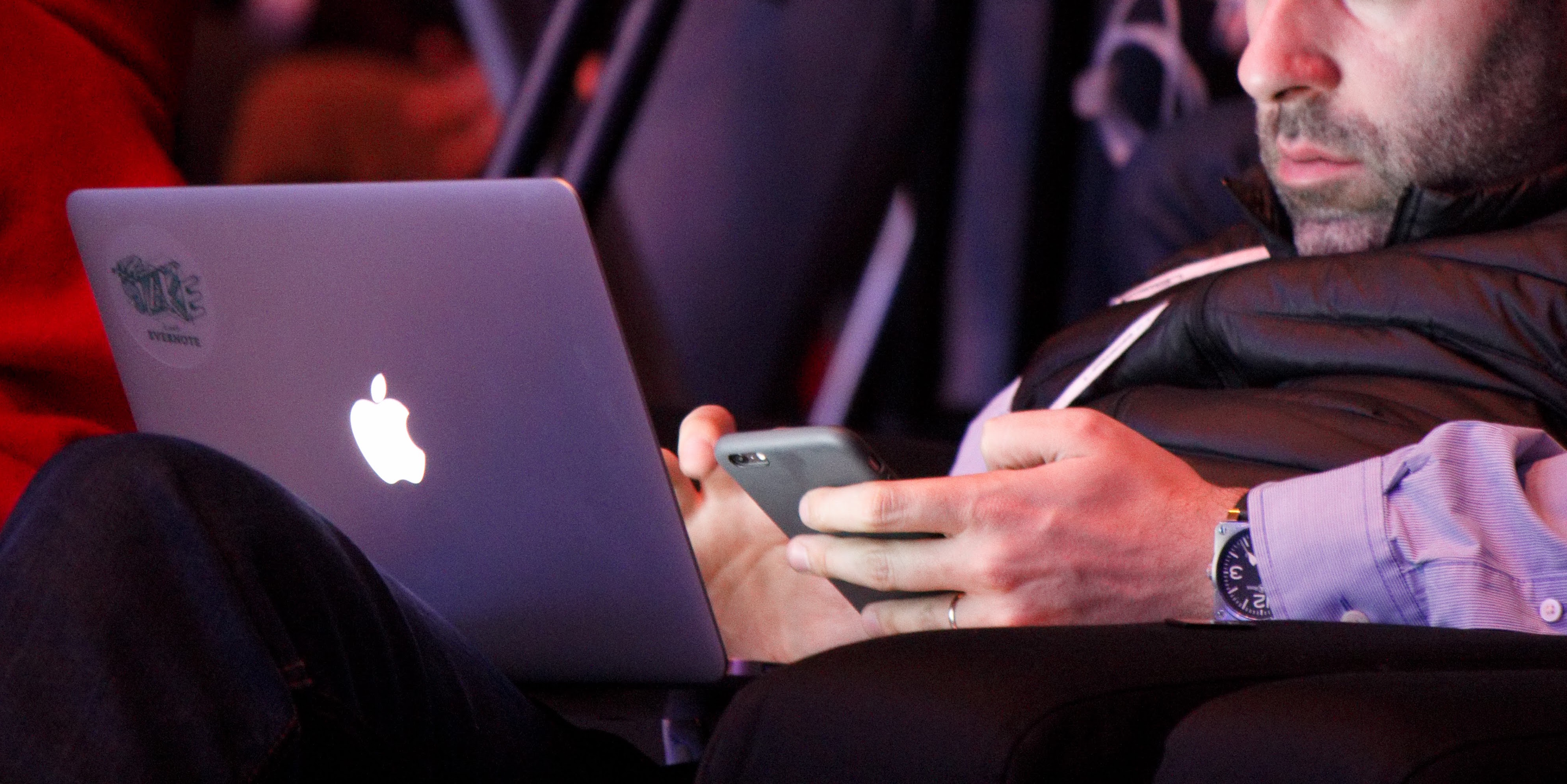
Social media and the annihilation of self
One of the cornerstones of much social media theory is that it enables a constructed self: we show off the best version of ourselves. And it’s a neat theory that explains some of the depression people experience after spending time on social media – they compare the reality of themselves with the constructed ideal versions of others.
But it doesn’t explain some of the more harrowing and self-revealing postings on social media. Could there be an element of mascohism at play, too?
That’s what Rob Horning argues in Social Media as Masochism
Much of social media is a calculated effort to “accumulate” esteem and grant agency. It seems plausible that the intense self-consciousness of ongoing social-media use (certainly a “recalcitrant social environment,” despite its responsiveness) could trigger an intense need to escape from self. Social-media use intensifies self-consciousness through a deeper awareness of the contingencies and vulnerability of our identity, leading to a greater need to escape from it, or at least suspend our consciousness of it.
A fascinating idea.
Sign up for e-mail updates
Join the newsletter to receive the latest posts in your inbox.










